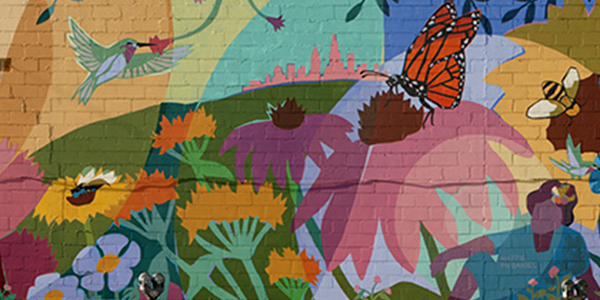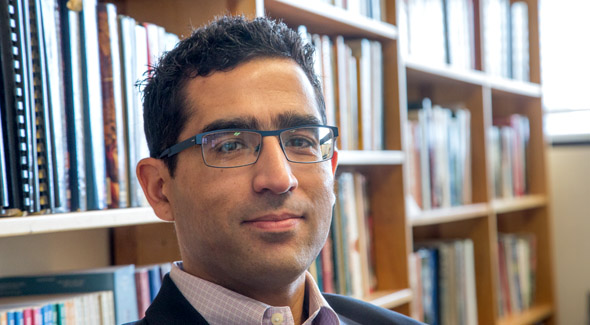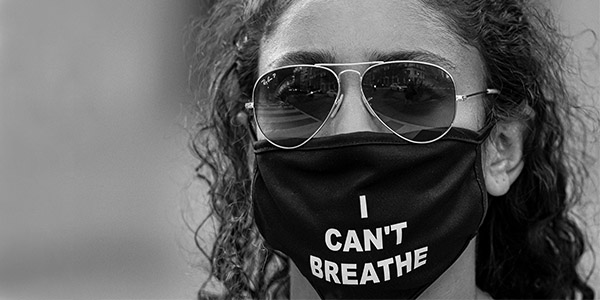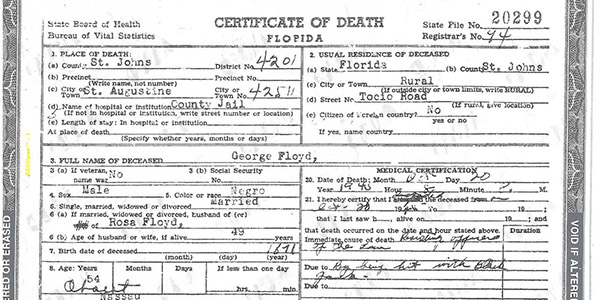MAKING A JUST SOCIETY
Resources from the MIT School of Humanities, Arts, and Social Sciences

"What has happened is not simply the result of a few bad people doing bad things. Rather it speaks to the systemic dehumanizing and undervaluing of Black lives, born out of slavery, reinforced by Jim Crow law, and promoted even today by media stereotypes.”
— John Dozier, Institute Community and Equity Officer, speaking at the MIT Community Vigil, June 2020

Explore:
Insight for The Way Forward
Research-based perspectives from MIT's humanistic faculty
Books
by MIT's humanistic faculty
MIT and the Legacy of Slavery
Undergraduate Research Course, Community Dialogues, Media
Indigenous Peoples
Works by and about Native American and Indigenous scholarship, education, and creativity in MIT's humanities, arts, and social science fields
Courses
Free, Online Class Materials from OpenCourseWare
Classes for Undergraduate Students
Diversity, Equity, and Inclusion
Programs at MIT SHASS
MIT Institute Community Equity Office (ICEO)
Additional MIT Resources
Offices, Groups, Reading Lists, Opportunities
Elective Affinities | Resources from the World
Toolkits, Podcasts, Organizations
CURRENT FEATURES
Selections from the Just Society series

Detail, the Pollinators mural in Lawrence, Kansas; created to honor painter Aaron Douglas and six other African American artists from Kansas: Gwendolyn Brooks, Coleman Hawkins, Langston Hughes, Hattie McDaniel, Oscar Micheaux, and Gordon Parks; mural designed by Dave Loewenstein, painted by local artists; public domain
The Bluest Eye turns 50 | Sandy Alexandre, Professor of Literature
on Toni Morrison's debut novel
"Morrison’s exquisite language has always given her readers a variety of ways, routes, and turns of phrase to understand the world, so perhaps it’s no surprise that she has rendered something like 'structural racism' comprehensible."
Essay

Malick Ghachem; photo by Jon Sachs
On criminal justice reform | Malick Ghachem, historian and constitutional lawyer
While many minority voters are deeply concerned about criminal justice issues, they are also invested in the direction of education, housing, employment, foreign, and other policies. And therein lies an important point about criminal justice reform itself: Inequalities in the distribution of both crime and punishment are likely to persist as long as inequalities in these other spheres of life continue to be seen as acceptable or inevitable costs of the free-market system."
Commentary | Related: Race, Crime, and Citizenship in American Law (21H.319)

Photo by Miki Jourdan, Flickr
A collective cry for justice | Graham M. Jones, anthropologist
"The mask is one of the most important human artifacts in all of anthropology. It is a tool of transformation that allows its wearers to transcend themselves, taking on timeless roles in ritual dramas, and as actors in a broader social drama.... For me the iconic image of our times is of Black Lives Matter protestors of every race wearing masks emblazoned with the dying words of George Floyd: 'I can’t breathe.' The use of the cloth mask as a substrate for a citational text situates the individual wearer as an actor in a broader social drama. Such protest masks are a creative, expressive way of subsuming one’s identity within a social movement — and one’s voice within a collective cry for justice."
Commentary

Death certificate for George Floyd, 1945, State of Florida
RESTORATIVE JUSTICE
Unearthing the stories of yesterday’s George Floyds
Melissa Nobles, MIT Chancellor, Professor of Political Science
former Kenan Sahin Dean, MIT School of Humanities, Arts, and Social Sciences, 2015-2021
"When we call the victims’ descendants to share our findings, they tell us ‘I never thought I’d get this call.’ The scars remain, and luckily, because we have found documents, so does proof."
Commentary in The Boston Globe
"The stake, too often in these encounters, is life itself. You tell your family members that you love them. You tell them that you see them in all of their humanity and that you value them fully. You also remind them that what is happening is not right. And you say to them, even in the midst of all of it, to never, ever lose sight of their own humanity or their capacity to see the humanity in everyone else."
— MIT Chancellor Melissa Nobles, on "The Talk" with children and teens about encounters with racism; speaking at the MIT STARR Forum on violence against Asian-Americans, April 2021